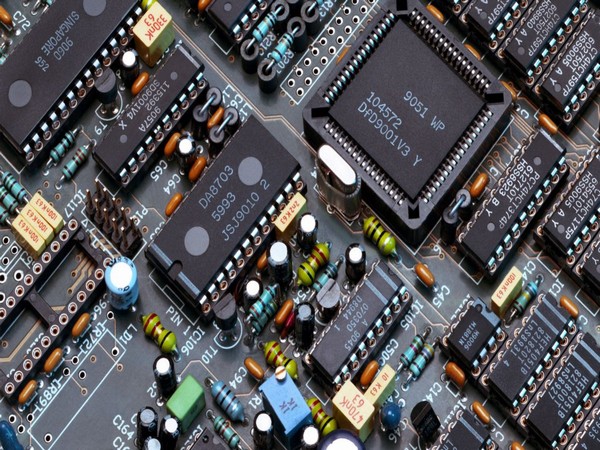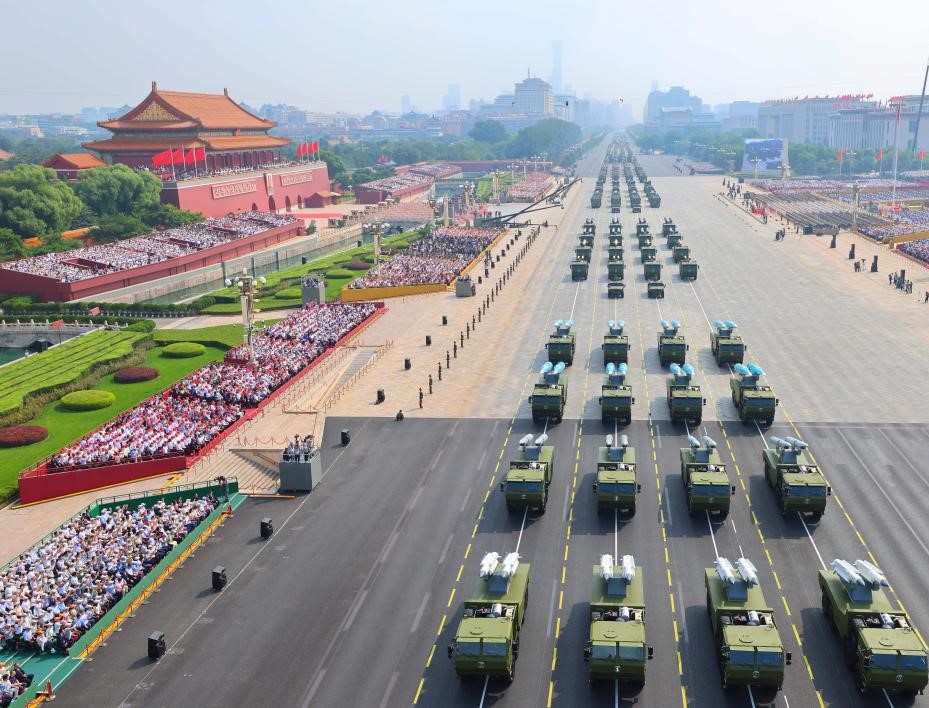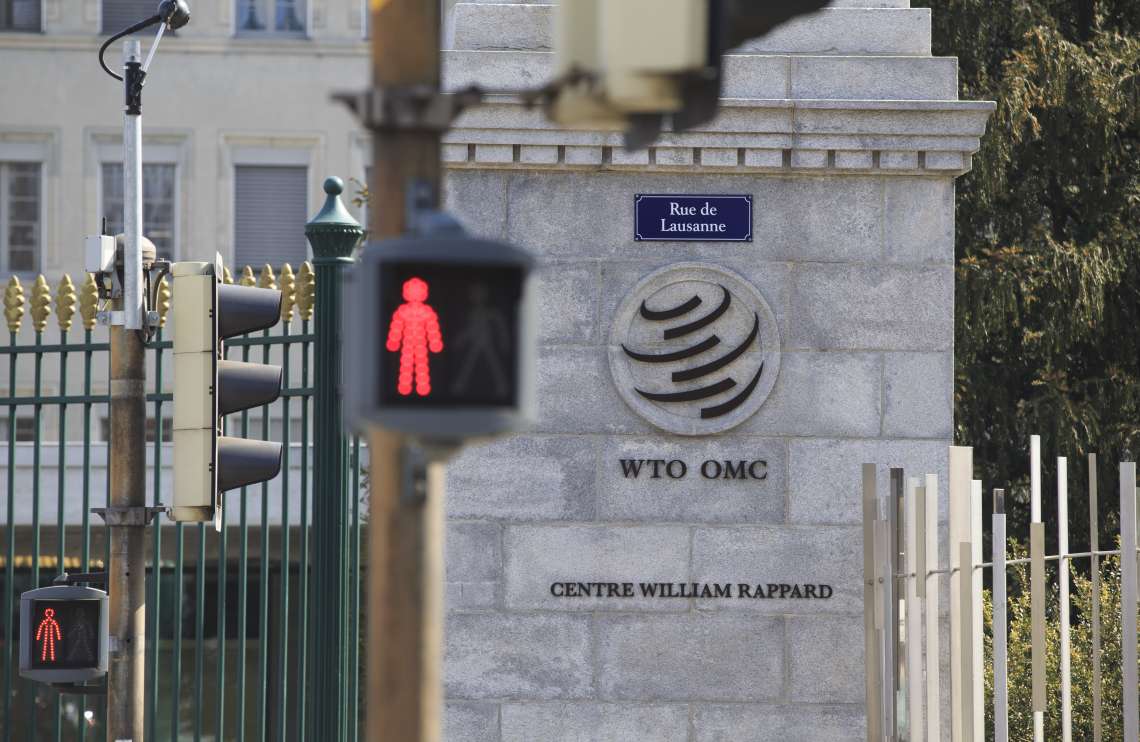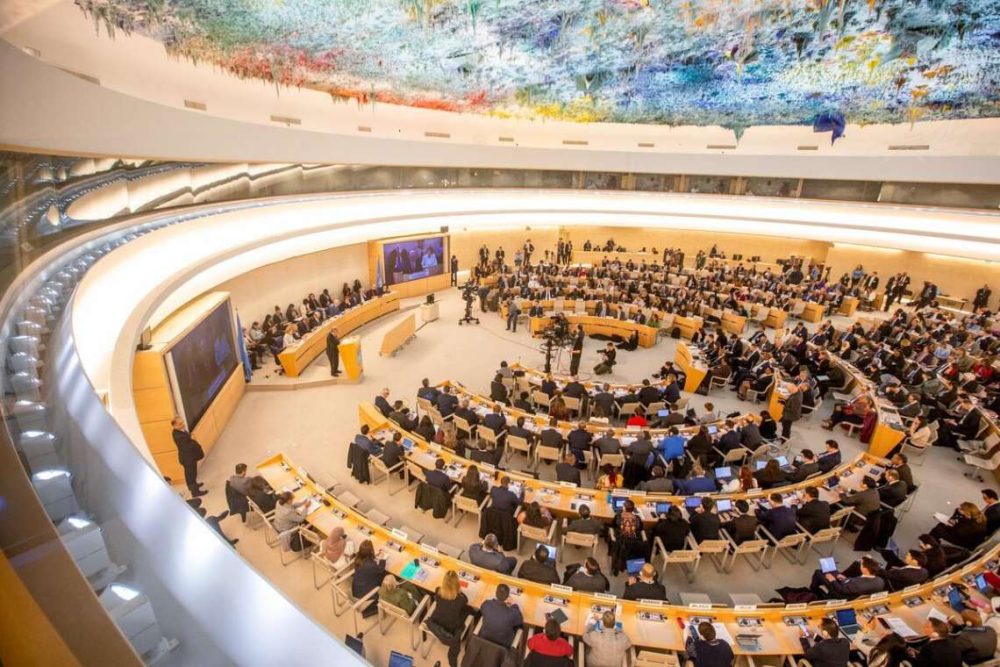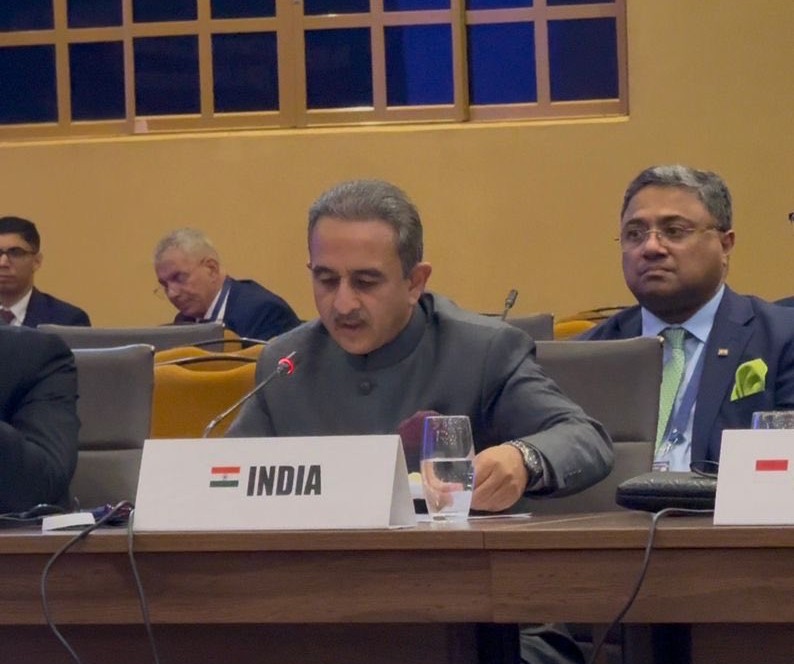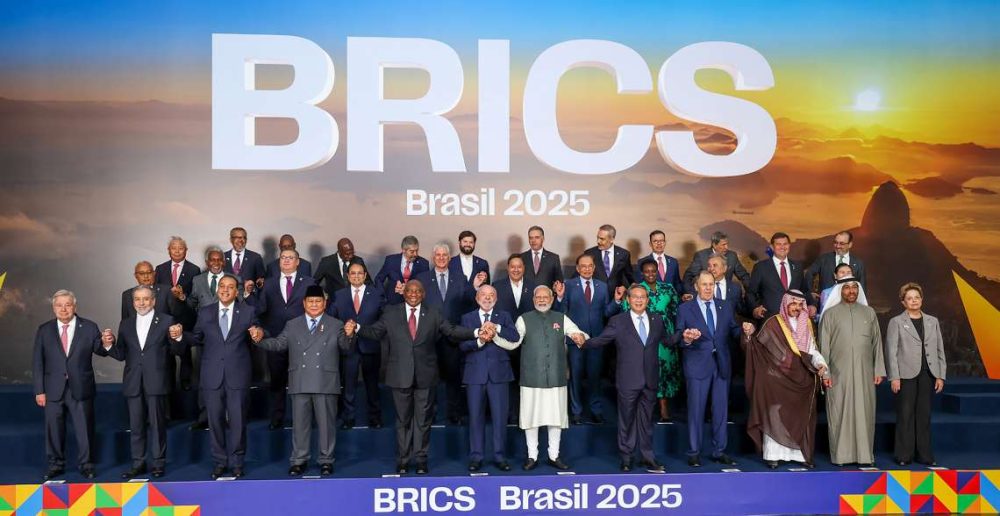Chairman Rep. Moolenaar & RM Congressman Raja call on Sec. Raimondo to restrict advanced photonic semiconductor technology to China…reports Asian Lite News
The leadership of the Select Committee on the Chinese Communist Party (SCCCP) urged the US Department of Commerce to conduct a thorough investigation into China’s rapidly growing silicon photonics industry, emphasising national security risks and competitive challenges.
In response to these concerns, SCCCP Chairman Rep. John Moolenaar and Congressman Raja Krishnamoorthi have specifically called on US Secretary of Commerce Gina Raimondo to impose restrictions on the transfer of advanced photonic semiconductor technology to China.
In a post on X, the SCCCP stated, “Chairman Rep. Moolenaar & RM Congressman Raja call on Sec. Raimondo to restrict advanced photonic semiconductor technology to China.”
They advocate for the inclusion of silicon photonics equipment and products on the Commerce Control List (CCL) to safeguard American technological leadership.
Silicon photonics, which utilises light particles instead of electrons for data transmission, is seen as the next frontier in semiconductor technology. Experts suggest that this innovation could lead to an astonishing 1,000-fold increase in computational speed compared to traditional electronic chips, potentially redefining the semiconductor landscape.
The letter emphasises that while the US has historically led in semiconductor technology, it is currently falling behind as China intensifies its investments in photonics. The Chinese government has identified silicon photonics as a strategic priority in its national plans, and state-owned enterprises are reportedly allocating billions to advance this field.
Key players in China, such as Huawei and the Nanjing Electronic Devices Institute, are cited as significant contributors to this effort, raising alarms about the dual-use nature of photonics technology, which could bolster military capabilities. US lawmakers argue that American technology should not inadvertently support these endeavours.
To address these concerns, the lawmakers are asking the Commerce Department to assess the national security implications of China’s silicon photonics initiatives and to explore necessary amendments to the CCL.
They are also requesting a briefing by December 1, 2024, to discuss the national security threat posed by China’s silicon photonics industry, the current state of the US domestic sector, and the resources needed for effective oversight.
The outcome of these discussions could shape future U.S. policy on technology exports and strengthen domestic innovation in the rapidly evolving silicon photonics sector. (ANI)’
ALSO READ: Air India cancels 60 flights to US in peak season


